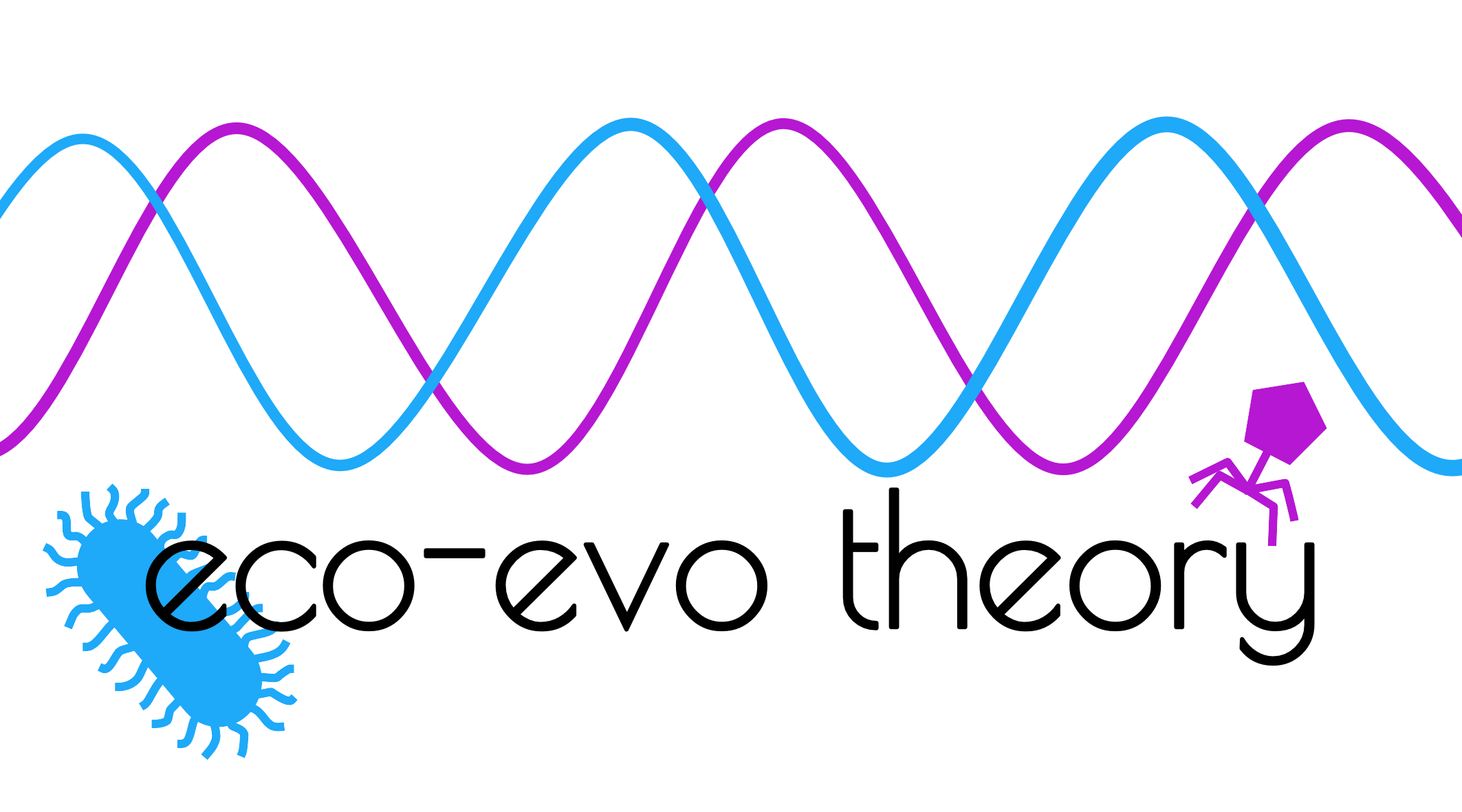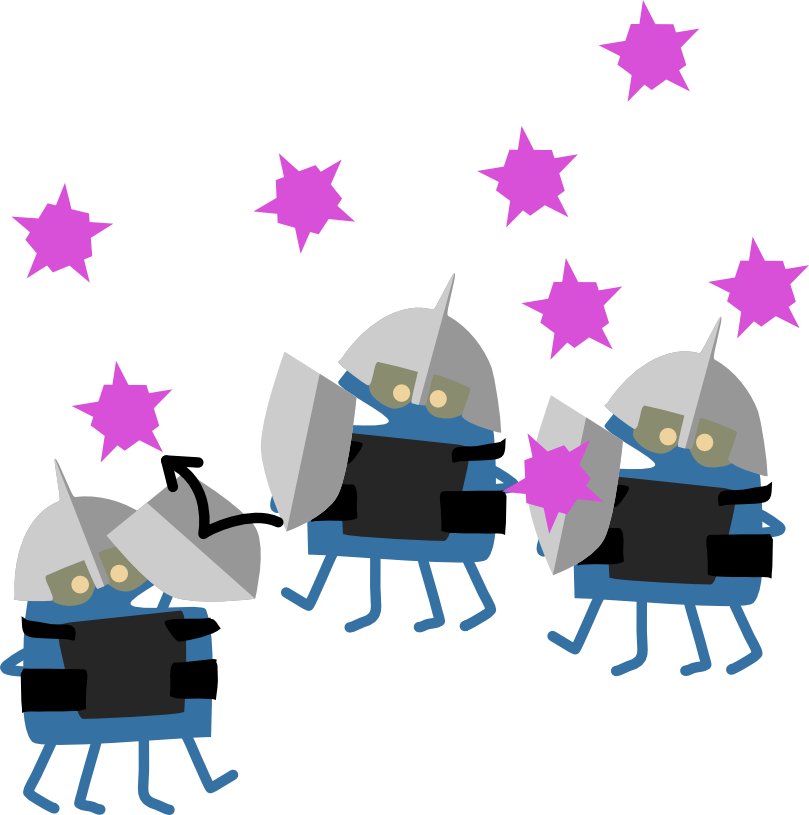Ashby B & Boots M (2017) Multi-mode fluctuating selection in host–parasite coevolution. Ecology Letters. 20:357-365.
Abstract
Understanding fluctuating selection is important for our understanding of patterns of spatial and temporal diversity in nature. Host–parasite theory has classically assumed fluctuations either occur between highly specific genotypes (matching allele: MA) or from specialism to generalism (gene-for-gene: GFG). However, while MA can only generate one mode of fluctuating selection, we show that GFG can in fact produce both rapid ‘within-range’ fluctuations (among genotypes with identical levels of investment but which specialise on different subsets of the population) and slower cycling ‘between ranges’ (different levels of investment), emphasising that MA is a subset of GFG. Our findings closely match empirical observations, although sampling rates need to be high to detect these novel dynamics empirically. Within-range cycling is an overlooked process by which fluctuating selection can occur in nature, suggesting that fluctuating selection may be a more common and important process than previously thought in generating and maintaining diversity.

